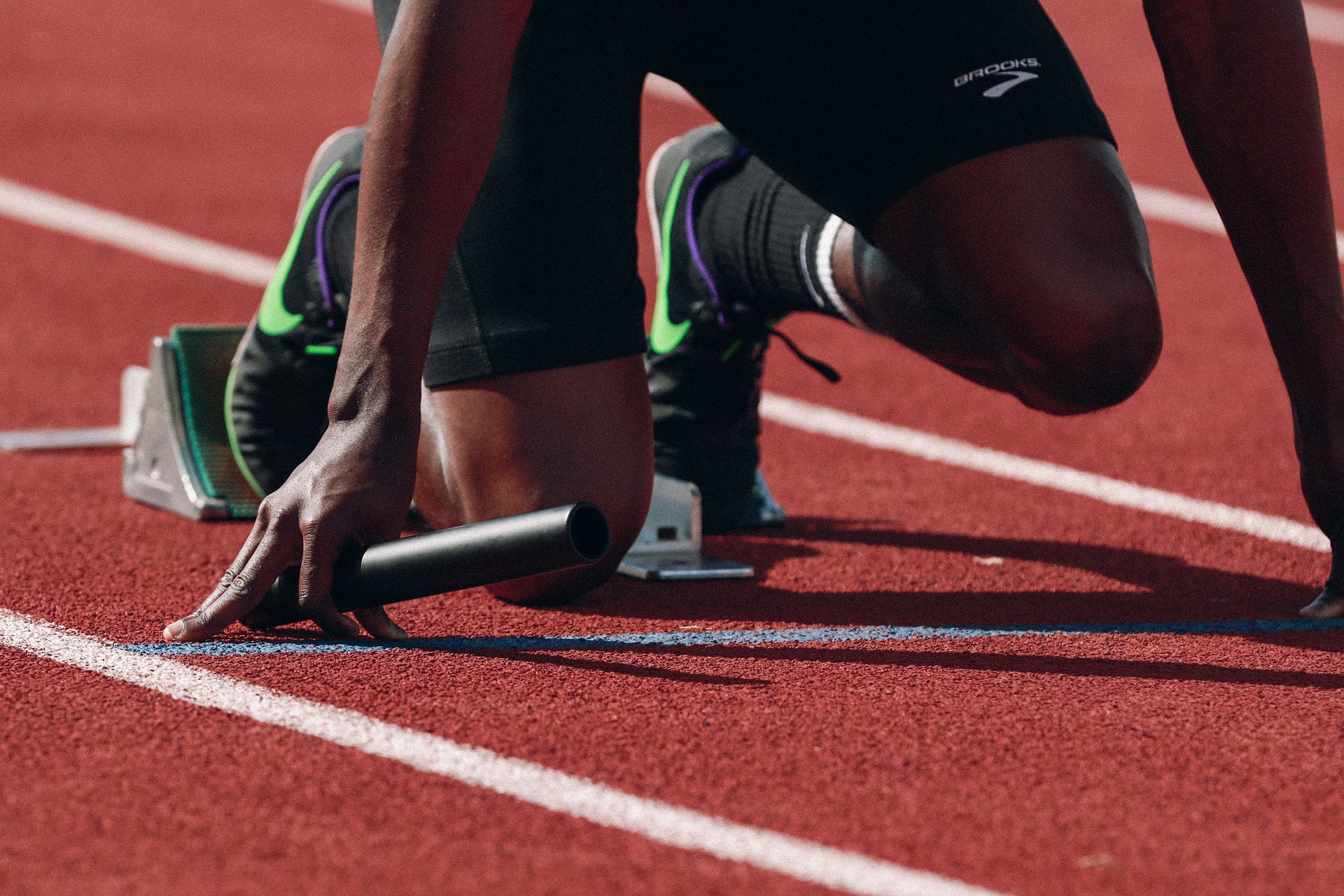Sports and endurance training puts a lot of stress on the body. While the body could do with the adaptation and better performance, more often than not an athlete is subject to severe pain and discomfort. Most of the relief options are either illegal, unhealthy or do not offer sufficient relief. This is why the question of CBD often crops up. If you are a sportsperson doing some research about it, here is everything you need to know:
Legal issues
You may not have to worry about the illegality of CBD. In June 2018, the FDA approved the use of pure CBD for pain management. Also, the US Anti-Doping Agency (USADA) and World Anti-Doping Agency (WADA) also removed it from their lists of black-listed substances both on and out of competition. However, only the pure forms are approved for use; mixtures with THC, the psychoactive agent, and other synthetic cannabinoids are also prohibited. The legal urinary threshold for THC is 150 nanograms. However, you are advised to check the local and state laws in your area, as the law concerning CBD is continually changing.
How does it work?
Since 2900 B.C., CBD has been used by civilizations to provide pain relief. Research shows that CBD relieves pain by interacting with the endocannabinoid system (ECS) in your body. The ECS’ primary purpose is to regulate homeostasis, and the excessive pain and stress induced by endurance training tend to interfere with the ECS functions. CBD gets this system back in check by regulating the neurotransmitters running the ECS system. CBD also binds to the CB1 and CB2 receptors in the brain, which helps to reduce inflammation.
Pain relief
CBD has been listed as an effective pain reliever for musculoskeletal and joint pain. Many recent studies have also supported cbd for arthritis. It is a far safer alternative to over the counter painkillers like ibuprofen and naproxen sodium, which can cause kidney failure, heart attack and stroke in the long run. In fact, athletes are urged to avoid the use of OTC pain meds during training and competitions. Cannabinoids may not be as strong as opioids like morphine and oxycontin in the management of severe pain, but they have reduced risks for addiction or sudden death.
Inflammation reduction
Too much inflammation can hinder the recovery process and may reduce performance. Cannabinoids reduce inflammation by binding to the CB2 receptors in the brain, which reduces the release of Cytokine, a messenger that carries information from the immune system.
Improve your sleep
Sleep provides the rest required for better body performance. CBD provides better sleep by inhibiting the reuptake of adenosine triphosphate (ATP). Accumulation of ATP in the brain slows down the release of neurotransmitters, which slows down your brain and helps you feel calmer and more relaxed.
How to use CBD
CBD is available as an oil infused with hemp or coconut oil, capsules, pills, tinctures, and lotions. You can also obtain sports and energy drinks with CBD.
Conclusion:
CBD is a safe product that can transform your training experience positively. However, like any other drug, CBD is to be used with care.
Add The Sports Daily to your Google News Feed!







